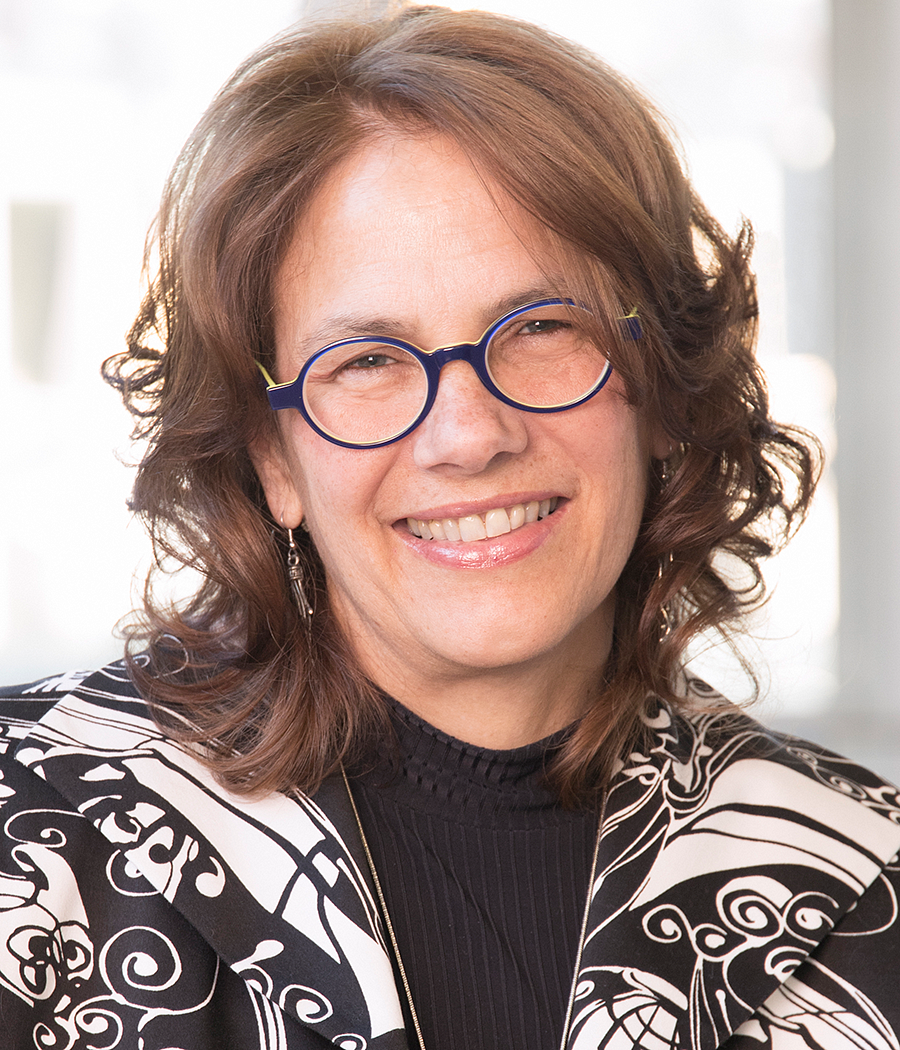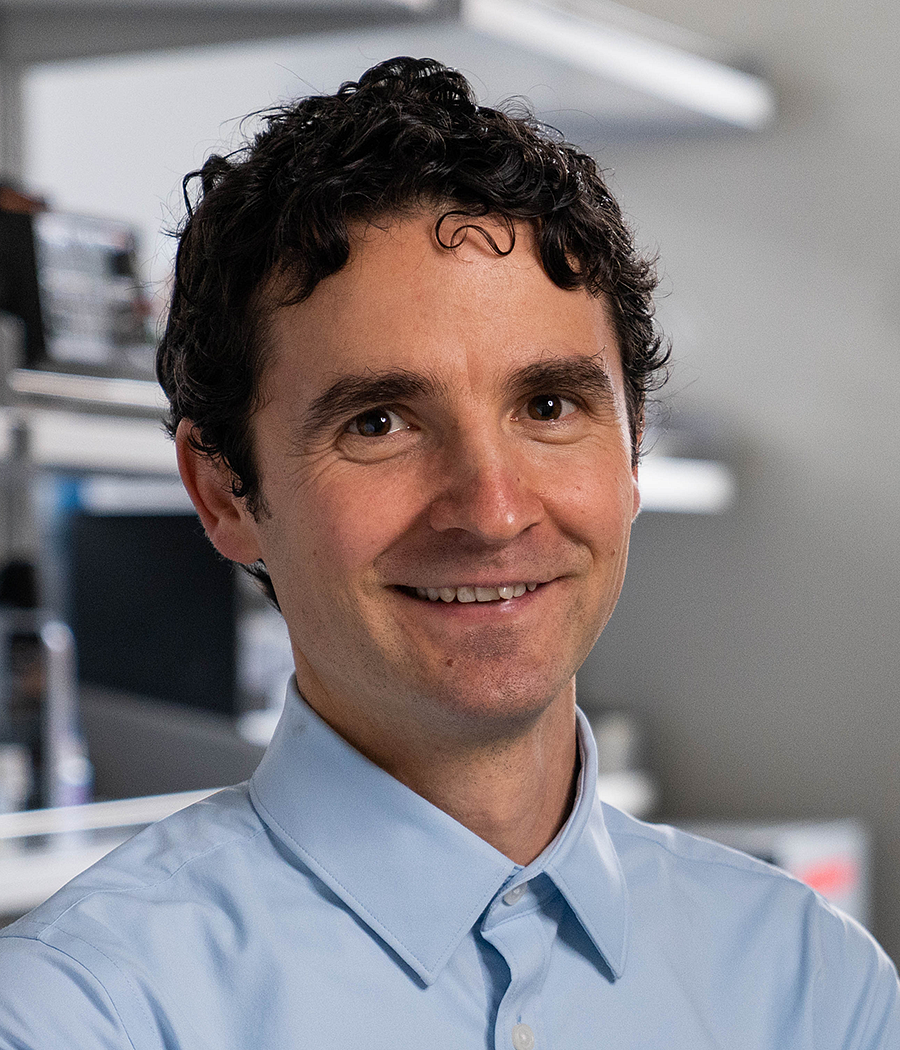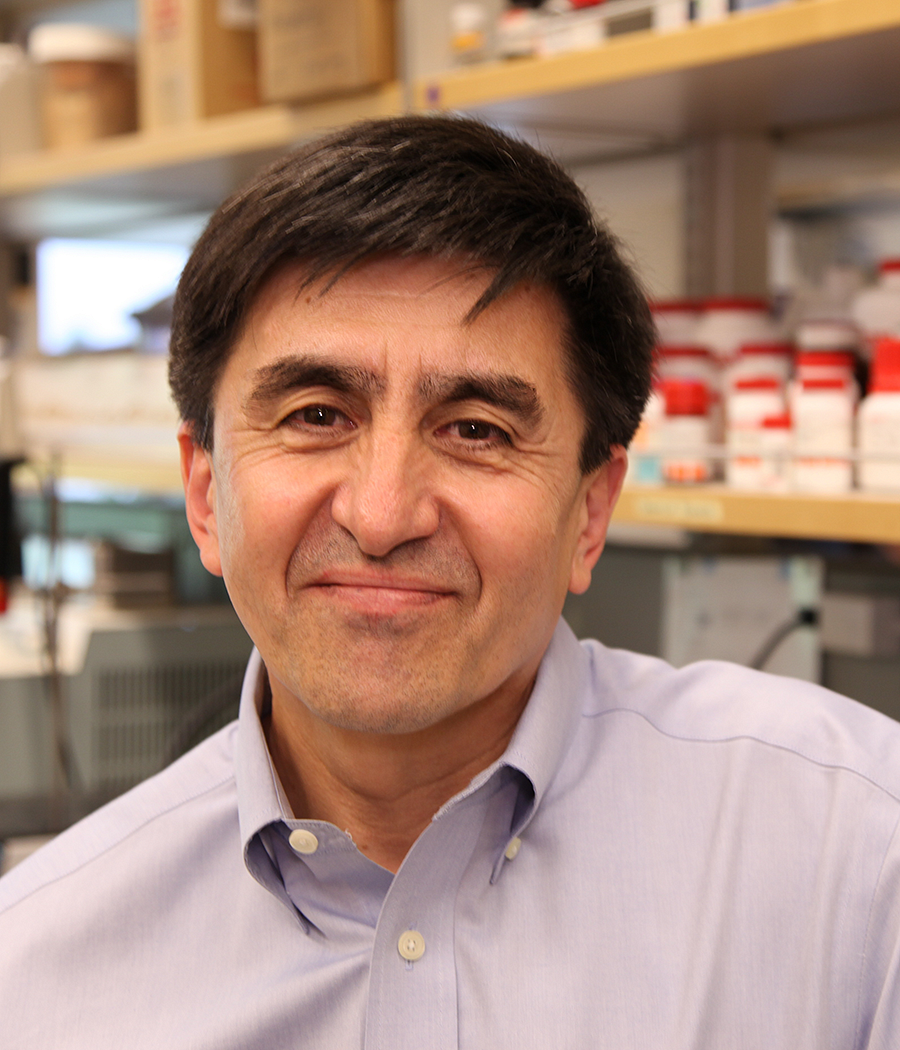Building on the Code: How Genetic Technologies Benefit Biomedical Research and Human Health
The Knight Campus held a virtual event with Wayne Morse Chair Françoise Baylis about the many benefits genetic technologies are having on today’s biomedical research and what promises it holds for human health. Dr. Baylis was joined by panelists Calin Plesa (Assistant Professor, Knight Campus), Shoukhrat Mitalipov (Professor and Director of the Center for Embryonic Cell and Gene Therapy, OHSU), and Chris Gemmiti (Executive Director of Technical Operations, CRISPR Therapeutics) for a dynamic conversation followed by audience Q & A.
Moderator Françoise Baylis
2020-21 Wayne Morse Chair Françoise Baylis is a bioethicist and university research professor at Dalhousie University, Nova Scotia. A philosopher whose innovative research in bioethics lies at the intersection of policy and practice, she challenges readers to think broadly and deeply about the direction of health, science and biotechnology. Her work aims to move the limits of mainstream bioethics and develop more effective ways to understand and tackle public policy challenge. Baylis' most recent book is Altered Inheritance: CRISPR and the Ethics of Human Genome Editing (Harvard University Press, 2019). Baylis brings her ethical sensibilities, informed by best practices, theory and common sense, to a wide range of public issues. She is a frequent guest on CBC and Radio Canada and the author of many news stories with a “behind the scenes” look at ethical issues. Her current research focuses on heritable human genome modification, the body economy, assisted human reproduction, and research involving women. With a personal mantra to make the powerful care, Baylis contributes to national policy-making via government research contracts, membership on national committees and public education. This work – all of which is informed by a strong commitment to the common good – focuses largely on issues of social justice. Baylis is a member of the Order of Canada and the Order of Nova Scotia, as well as a Fellow of the Royal Society of Canada and a Fellow of the Canadian Academy of Health Sciences. In 2017 she was awarded the Canadian Bioethics Society Lifetime Achievement Award. She has been named to "Who's Who in Black Canada" (2002–present).

Panelist Calin Plesa
Calin Plesa is an Assistant Professor in the Phil and Penny Knight Campus for Accelerating Scientific Impact at the University of Oregon. He received a BASc in Engineering Physics from Simon Fraser University, MSc in Nanoscience from Chalmers University of Technology, and a PhD from Delft University of Technology in Bionanoscience. As an HFSP Fellow in the Kosuri lab at UCLA, he developed DropSynth, a low-cost scalable method to synthesize thousands of genes. Calin holds a CASI award from the Burroughs Wellcome Fund and started his lab at the University of Oregon in 2019. The Plesa lab focuses on accelerating the pace at which we understand and engineer biological protein-based systems. Towards this end, it develops new technologies for gene synthesis, multiplex functional assays, in-vivo mutagenesis, and genotype-phenotype linkages for a number of different research areas and applications. These enable access to the huge sequence diversity present in natural systems as well as testing of rationally designed hypotheses encoded onto DNA at much larger scales than previously possible.

Panelist Shoukhrat Mitalipov
Shoukhrat Mitalipov is a Director of the Center for Embryonic Cell and Gene Therapy of Oregon Health & Science University (OHSU). He is also a Professor in the Division of Reproductive and Developmental Sciences at Oregon National Primate Research Center, OHSU. Dr. Mitalipov earned his Ph.D. degree in Developmental and Stem Cell Biology from the Research Center for Medical Genetics in Moscow, Russia. He came to Utah State University in 1995 to conduct his postdoctoral research in stem cell and developmental biology and moved to OHSU in 1998. Dr. Mitalipov’s research interest is to understand the mechanisms of cytoplasmic control of nuclear genome identity and reprogramming of somatic cells to the totipotent and pluripotent states. Another objective is to develop novel germline gene therapy approaches for the treatment of inherited human diseases. Dr. Mitalipov is known for his leading discoveries in producing human patient-matched embryonic stem cells using somatic cell nuclear transfer. His team has also pioneered gene therapy approaches that prevent the transmission of genetic defects in both nuclear and mitochondrial genes to future generations.

Panelist Chris Gemmiti
Dr. Gemmiti has dedicated his 20+ year career to cell therapy and regenerative medicine, through both industry and academic roles. He is currently the Executive Director of Technical Operations at CRISPR Therapeutics. This includes multiple candidates in the Hemoglobinopathy, Immuno-oncology, and Regenerative Medicine franchises. He was most recently the Senior VP of Operations at Sentien, a clinical-stage MSC company. He held a key role in opening and executing Sentien’s IND for COVID-19 patients experiencing multi-organ failure. Chris joined Sentien from Harvard’s Wyss Institute, where he guided translation strategy and technical development of early-stage regenerative medicine technologies. Previously, at Organogenesis Inc., he was the business unit Director responsible for the clinical development, FDA approval (2012), and commercial launch of GINTUIT™, the first manufactured allogeneic cell therapy approved by BLA. He holds a PhD in Biomedical Engineering from Georgia Tech and BS in BME from Johns Hopkins University. Dr. Gemmiti has served on Advisory Boards at Georgia Tech, Johns Hopkins, Duke University, TERMIS, Cell Therapy Bioprocessing and Alliance for Regenerative Medicine.

